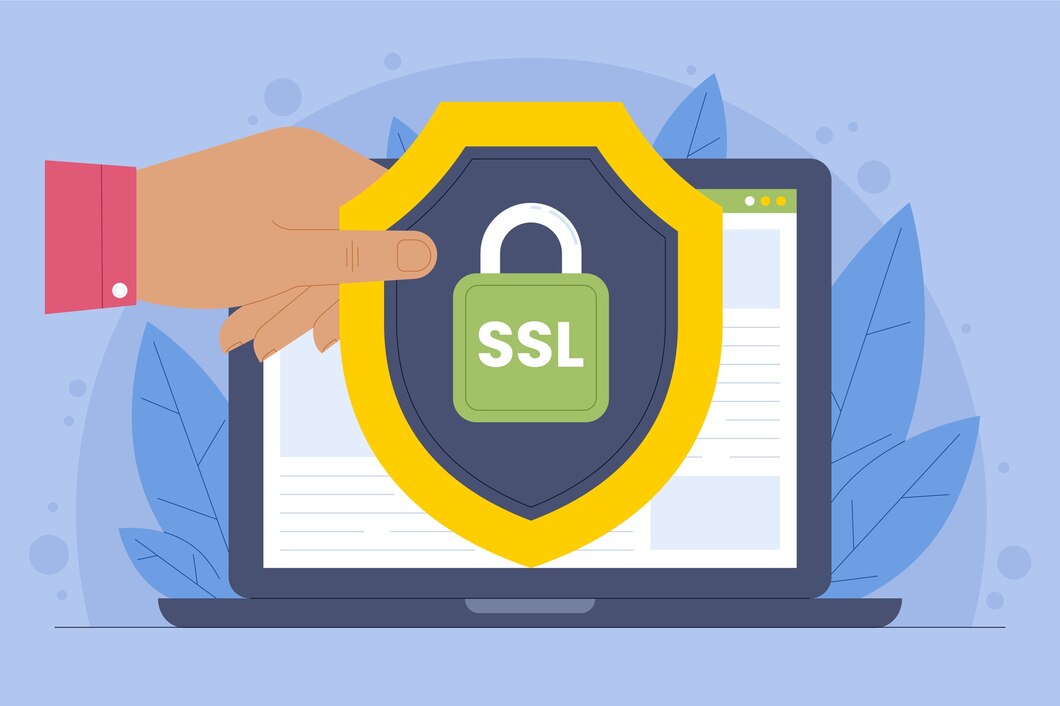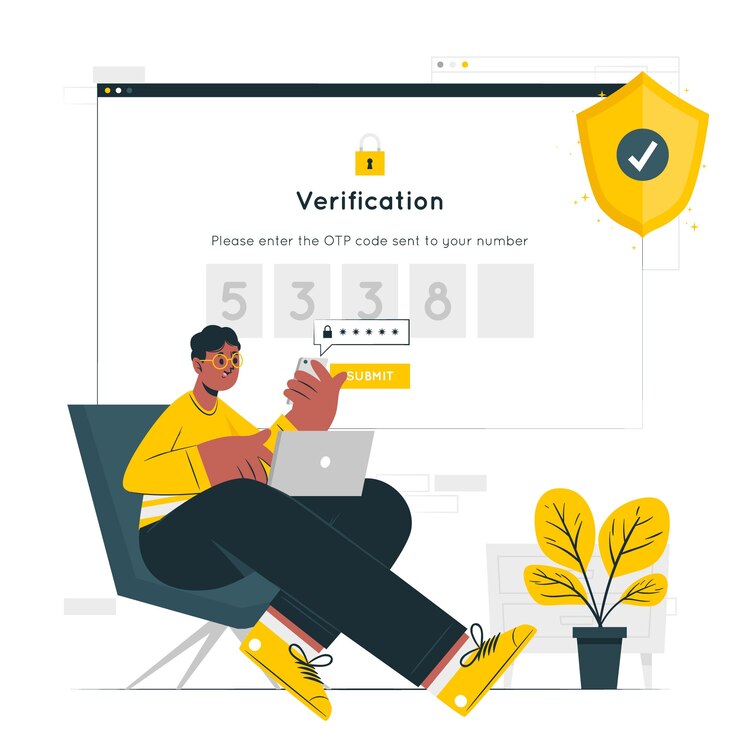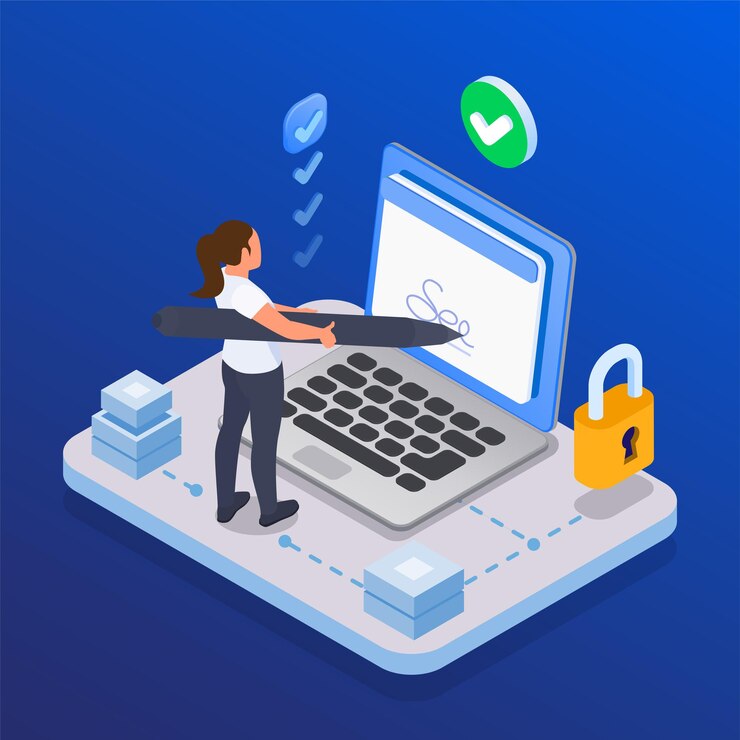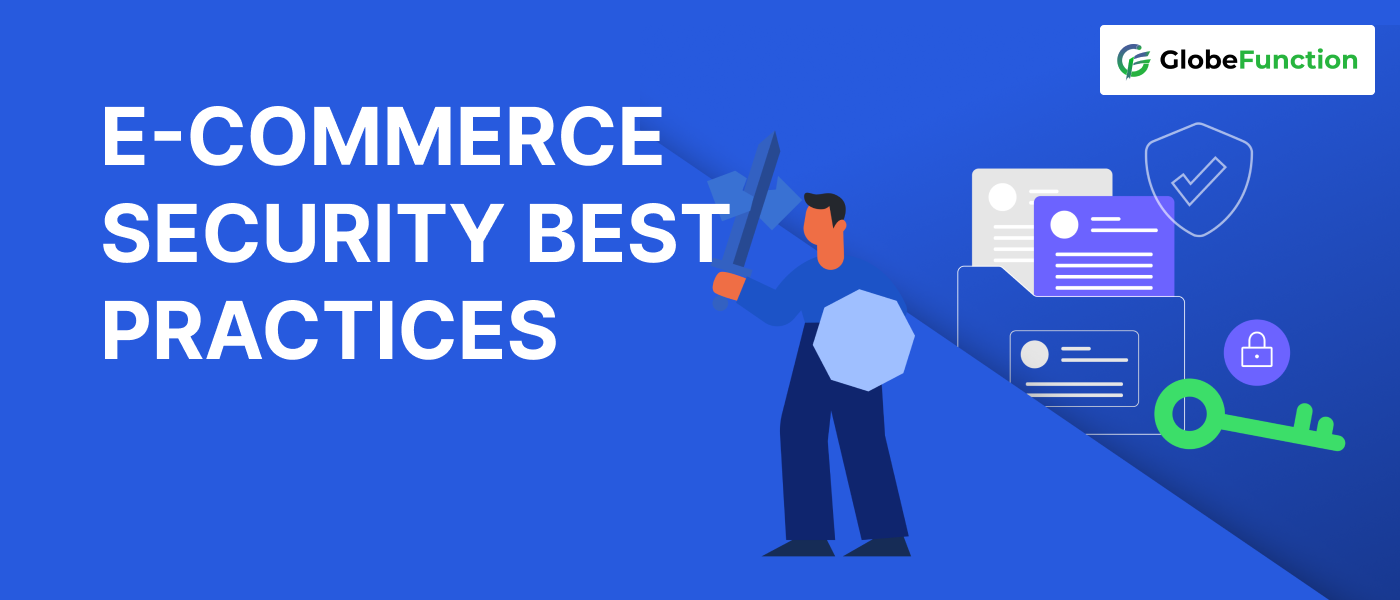Importance of E-Commerce Security
In today’s digital age, where online transactions have become the norm, ensuring robust Security measures for e-commerce platforms is paramount. With the increasing instances of cyber threats and data breaches, safeguarding your customers’ data has never been more critical.
Implementing SSL Certificates: A Fundamental Step for Security

One of the fundamental steps in securing your e-commerce website is the implementation of SSL (Secure Sockets Layer) certificates. By encrypting the data exchanged between your server and the customer’s browser, SSL certificates ensure that sensitive information, such as credit card details and personal data, remains confidential and protected from potential cyber attacks.
Two-Factor Authentication: Enhancing Security Levels

Integrating two-factor authentication (2FA) is an effective strategy to fortify the security of your e-commerce platform. With 2FA, even if a cybercriminal manages to acquire a user’s password, they would still need an additional verification code, typically sent to the user’s mobile device, to gain access. This additional layer of protection significantly reduces the risks associated with unauthorized access.
Regular Security Audits: Maintaining a Secure Environment

Conducting regular Protection audits is essential to identify any vulnerabilities within your e-commerce system. By assessing the integrity of your network, software, and infrastructure, you can proactively detect and address any potential weaknesses, thereby preventing malicious attacks before they occur.
Data Encryption: Shielding Customer Information from Prying Eyes

Employing robust data encryption protocols is crucial in shielding sensitive customer information from prying eyes. By utilizing advanced encryption algorithms, you can ensure that data stored within your e-commerce database remains indecipherable to unauthorized entities, thereby maintaining the confidentiality and integrity of your customers’ data.
Securing Payment Gateways: Ensuring Safe Transactions

Ensuring the Protection of payment gateways is vital to guarantee safe and secure financial transactions for your customers. By partnering with reputable payment processors and adhering to industry-standard security protocols, you can instill confidence in your customers, reassuring them that their financial data is being handled securely and reliably.
Conclusion: Prioritizing E-Commerce Security for Customer Trust
In conclusion, prioritizing e-commerce security is indispensable for fostering customer trust and confidence in your online business. By implementing SSL certificates, two-factor authentication, conducting regular protection audits, employing data encryption, and securing payment gateways, you can establish a robust security framework that safeguards your customers’ data and upholds the integrity of your e-commerce platform. Remember, investing in top-tier Protection measures is not just a choice but a necessity in today’s digital landscape.
Frequently Ask Questions?(FAQs)
How does SSL encryption enhance E-commerce security?
SSL encryption secures the transmission of data between the user’s browser and the server, preventing unauthorized access and protecting sensitive customer information.
What role does Two-Factor Authentication (2FA) play in E-commerce security?
Two-Factor Authentication adds an extra layer of security by requiring users to provide two forms of identification, reducing the risk of unauthorized access to customer accounts.
How often should security audits be conducted for E-commerce websites?
Regular security audits should be conducted at least annually, accompanied by ongoing vulnerability assessments to identify and address potential security weaknesses promptly.
How can E-commerce businesses ensure GDPR compliance?
E-commerce businesses can ensure GDPR compliance by clearly outlining privacy policies, obtaining user consent, and implementing measures to protect customer data in line with GDPR requirements.
Why are secure payment gateways essential for E-commerce security?
Secure payment gateways encrypt financial transactions, preventing unauthorized access to payment information and ensuring the confidentiality and integrity of customer data.
How can customers contribute to E-commerce security?
Customers can contribute to E-commerce security by creating strong, unique passwords, enabling Two-Factor Authentication, and staying informed about security best practices.














